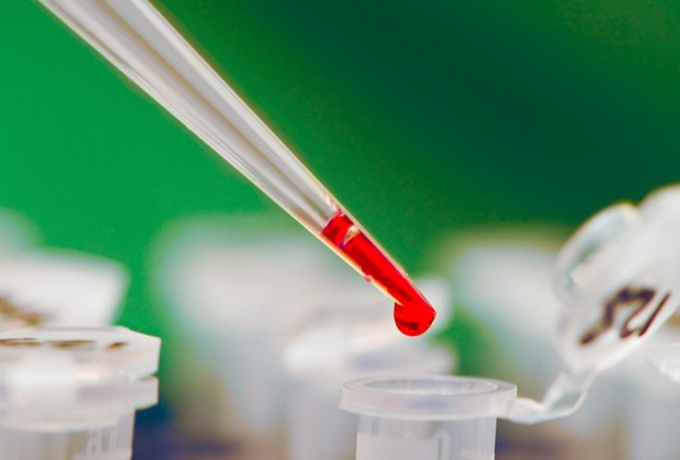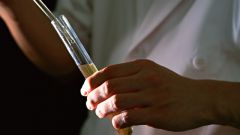Polio - an acute viral disease that can cause death or severe lesions of the Central nervous system. Mass vaccination has achieved significant success in the fight against this disease. However, polio still remains endemic to several countries in Africa and Asia. Outbreaks of the disease recorded in recent years and in the border States.
The presence of immunity against poliomyelitis reduces the probability of getting sick to a minimum. Vaccination and revaccination allow to form such a body's resistance to infection. However, even if all the events were held, over time, the immune protection of the organism may be weakened. Persistent immunity is produced in individuals who have had the disease or vaccinated with a live vaccine.
To find out whether a person has antibodies to the virus of poliomyelitis, conducted the serological analysis of blood. This study allows to determine the risk of infection when faced with the virus. Typically, the antibody pass before you travel to regions where there were cases of polio.
Analysis for antibodies to the polio virus occurs in government and commercial laboratories. The study is not too in demand, therefore, is not available in all medical centers. To find out where in your town can do the analysis, consult with the local doctor or specialist of sanitary-epidemiological station.
In public institutions this research is carried out when indicated. Direction for a free analysis can give infectious disease in the district hospital. In centers paid the cost of detection of antibodies to polio varies from 1000 to 3000 rubles.
For qualitative and quantitative determination of antibodies to the polio virus using ELISA method. Antibodies detected in serum or plasma. The result ranges from 0 to 150 U/ml. If the titer greater than 12 U/ml, it is possible to speak about presence of immunity to infection.
To study it is better to come in the morning before the first meal. The patient take blood from a vein. It is believed that it is sufficient for the diagnosis of 0.5-1 ml of blood. Pay analysis is done within 1-2 business days, free - for two weeks.
Immunity to poliomyelitis
The presence of immunity against poliomyelitis reduces the probability of getting sick to a minimum. Vaccination and revaccination allow to form such a body's resistance to infection. However, even if all the events were held, over time, the immune protection of the organism may be weakened. Persistent immunity is produced in individuals who have had the disease or vaccinated with a live vaccine.
To find out whether a person has antibodies to the virus of poliomyelitis, conducted the serological analysis of blood. This study allows to determine the risk of infection when faced with the virus. Typically, the antibody pass before you travel to regions where there were cases of polio.
Where it is possible to make the analysis on antibodies
Analysis for antibodies to the polio virus occurs in government and commercial laboratories. The study is not too in demand, therefore, is not available in all medical centers. To find out where in your town can do the analysis, consult with the local doctor or specialist of sanitary-epidemiological station.
In public institutions this research is carried out when indicated. Direction for a free analysis can give infectious disease in the district hospital. In centers paid the cost of detection of antibodies to polio varies from 1000 to 3000 rubles.
How to get tested for polio antibodies
For qualitative and quantitative determination of antibodies to the polio virus using ELISA method. Antibodies detected in serum or plasma. The result ranges from 0 to 150 U/ml. If the titer greater than 12 U/ml, it is possible to speak about presence of immunity to infection.
To study it is better to come in the morning before the first meal. The patient take blood from a vein. It is believed that it is sufficient for the diagnosis of 0.5-1 ml of blood. Pay analysis is done within 1-2 business days, free - for two weeks.



